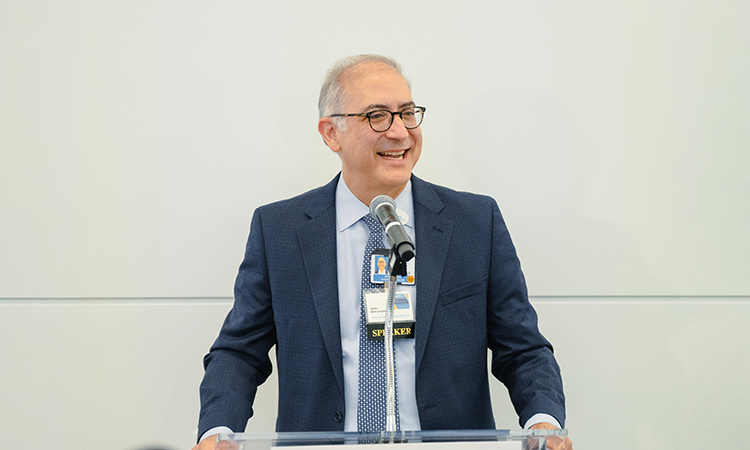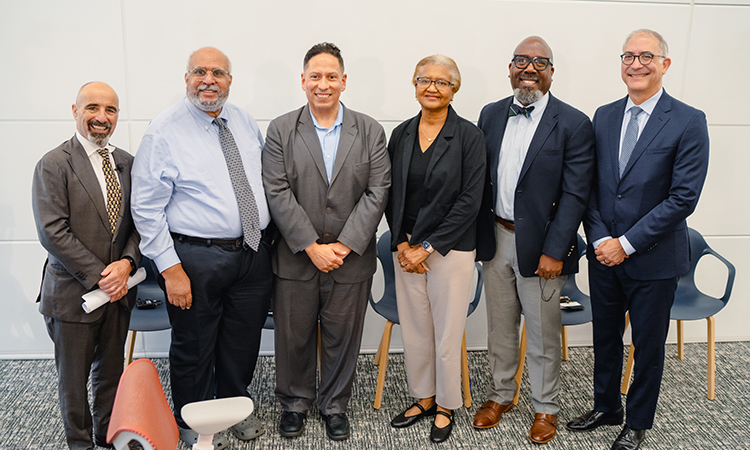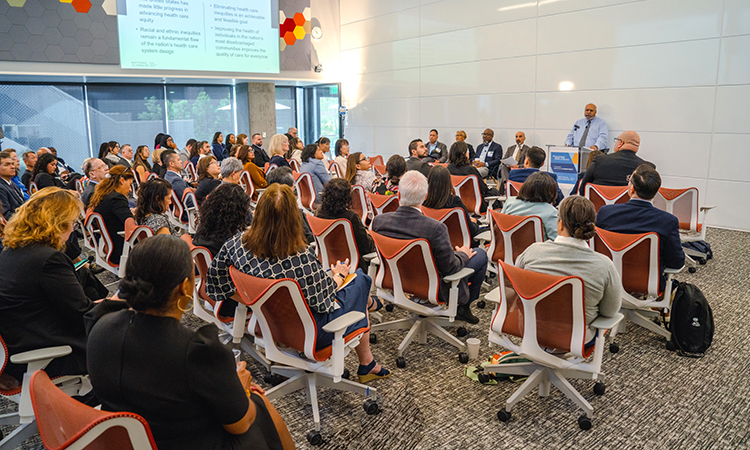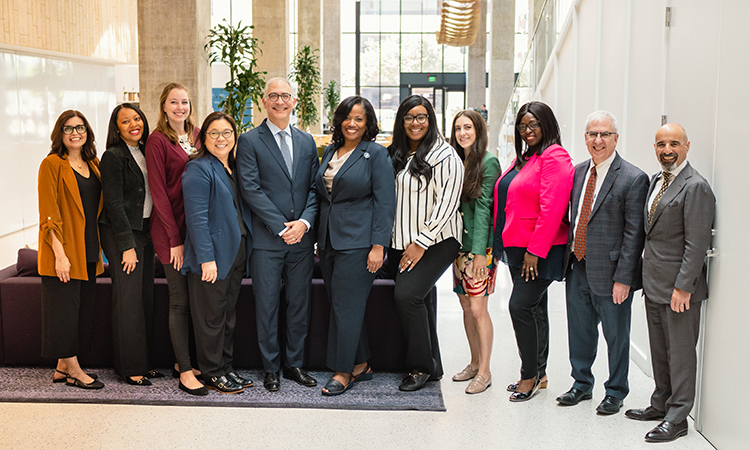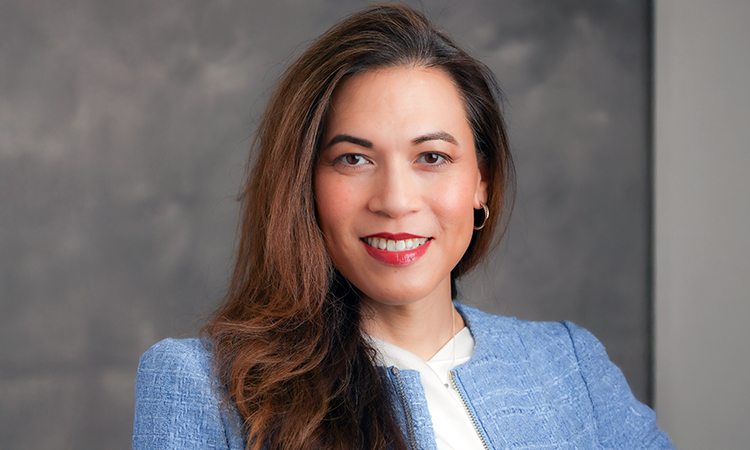Realizing equitable healthcare and optimal health for all has proven to be a challenging goal within the United States. With this in mind, the Kaiser Permanente Institute for Health Policy (IHP), the Kaiser Permanente Bernard J. Tyson School of Medicine (KPSOM), and the National Academies of Sciences, Engineering, and Medicine (NASEM) hosted a forum, “Ending Unequal Treatment: Findings and Action Steps from a New Report,” at KPSOM on October 7.
The event featured NASEM’s recent report: Ending Unequal Treatment: Strategies to Achieve Equitable Health Care and Optimal Health for All . The report is an update, more than 20 years later, of the institution’s groundbreaking original 2003 study, Unequal Treatment: Confronting Racial and Ethnic Disparities in Health Care . The authors examined the current state of ethnic and racial healthcare disparities and many of its findings were shared during the forum.
